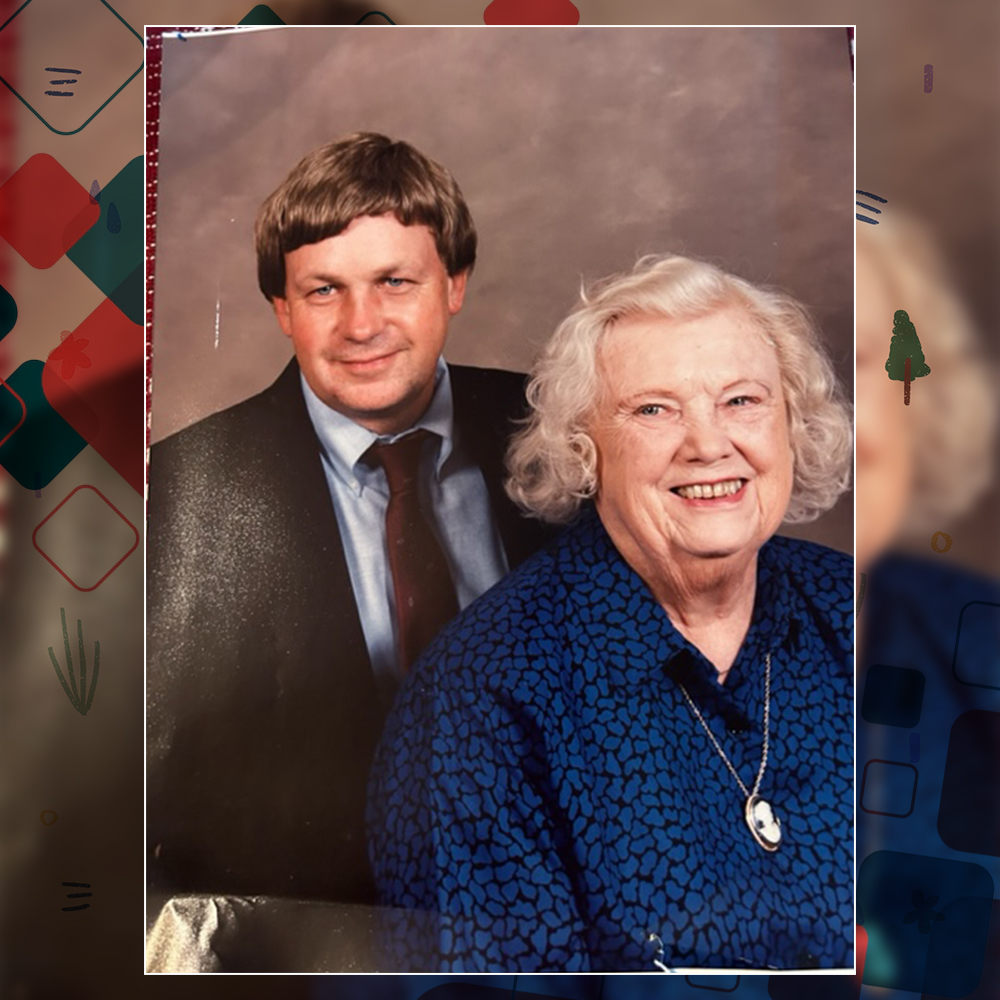
Snowboarding is a thrilling sport that combines adrenaline with artistry, making it a favorite winter pastime for many. Whether you’re a novice eager to carve your first turns or an experienced rider looking to refine your skills, having the right snowboard instructor can make all the difference. The right instructor not only helps you improve your technique but also enhances your overall experience on the slopes. Here’s what to look for in a snowboard instructor to ensure you get the most out of your lessons.
Certification and Experience
Certification and experience are crucial when selecting a snowboard instructor. Certified instructors have undergone rigorous training and have been evaluated for their teaching skills and technical knowledge. Look for instructors with certification from recognized organizations such as the Professional Ski Instructors of America (PSIA) or the Canadian Association of Snowboard Instructors (CASI). These certifications indicate that the instructor adheres to high standards of safety and technique.
Experience also plays a significant role in an instructor’s ability to teach effectively. An experienced instructor has likely worked with a diverse range of students and encountered various challenges on the slopes. They can adapt their teaching methods to suit different learning styles and levels, ensuring a more personalized and practical learning experience.
Teaching Style and Communication Skills
A great snowboard instructor should be able to communicate clearly and effectively. Teaching snowboarding involves more than just demonstrating techniques; it requires explaining concepts in a way that is easy to understand and remember. Please pay attention to how instructors break down complex moves and how they use visual and verbal cues to aid learning.
An instructor’s teaching style should also match your learning preferences. Some people thrive with hands-on guidance, while others prefer verbal instructions and visual demonstrations. A good instructor will be able to adapt their teaching style to meet your individual needs and preferences.
Patience and Encouragement
Learning to snowboard can be challenging, especially for beginners. An effective instructor needs to be patient and encouraging, helping students build confidence while constructively addressing their mistakes. Look for an instructor who remains calm under pressure, provides positive reinforcement, and is willing to take the time to ensure you understand each concept before moving on.
Patience is essential when working with students who may be nervous or need more experience on the slopes. An instructor who is empathetic and understanding can make the learning process more enjoyable and less stressful.
Knowledge of Safety and Injury Prevention
Snowboarding involves inherent risks, and safety should always be a top priority. A qualified instructor will have a solid understanding of safety protocols and injury prevention strategies. They should be able to teach you about proper gear, safe riding practices, and how to recognize and avoid potential hazards on the mountain.
Additionally, a good instructor should be able to provide first aid and know how to handle emergencies. Their awareness of safety not only protects you but also enhances your confidence, allowing you to focus more on learning and less on worrying about potential accidents.
Ability to Provide Personalized Feedback
Personalized feedback is essential for progress in snowboarding. A top-notch instructor will observe your performance closely and provide specific, actionable feedback tailored to your strengths and areas for improvement. They should be able to identify technical issues and offer clear guidance on how to address them.
Instructors who provide personalized feedback can help you make adjustments in real-time, which is crucial for skill development. This feedback should be constructive and aimed at helping you achieve your goals, whether that means improving your carving technique or mastering a new trick.
Adaptability and Problem-Solving Skills
Snowboarding lessons can present various challenges, from changing weather conditions to individual student needs. An effective instructor should be adaptable and able to handle unexpected situations with ease. They should be able to modify their teaching approach based on the conditions of the day and their students’ progress.
Problem-solving skills are also crucial for overcoming obstacles and ensuring that you continue to make progress. An instructor who can think on their feet and adjust their strategies as needed will help you navigate any difficulties you may encounter.
Track Record of Success
Finally, consider an instructor’s track record of success. Look for reviews and testimonials from previous students to gauge their effectiveness. Positive feedback and success stories can be strong indicators of an instructor’s ability to deliver high-quality lessons and achieve results.
In addition to reviews, ask about the instructor’s previous experience and the types of students they have worked with. A proven track record of success with students at your skill level can provide reassurance and confidence in their ability to help you achieve your goals.
Choosing the right snowboard instructor is essential for a successful and enjoyable learning experience. By considering factors such as certification, teaching style, patience, safety knowledge, personalized feedback, passion, adaptability, interpersonal skills, local knowledge, and a track record of success, you can find an instructor who will help you master the mountains and elevate your snowboarding skills. With the proper guidance, you’ll be well on your way to carving up the slopes and enjoying all the thrill and excitement that snowboarding has to offer.